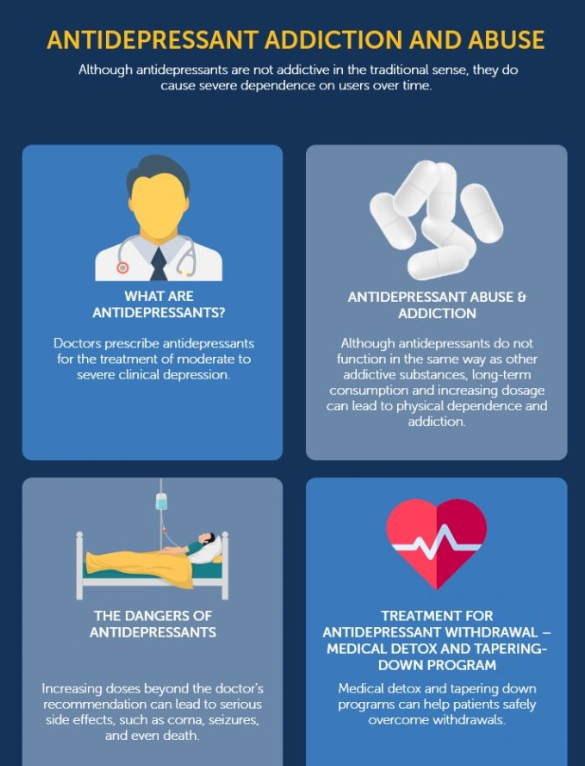The ReINVEST trial demonstrated that Sertraline use was associated with a lower reoffending rate in domestic violence cases by men. The reoffending rate for domestic violence dropped from 35.7 percent in the placebo group to 28.2 percent in the Sertraline group.
This is equivalent to a 21 percent relative risk reduction. Reoffending dropped by 30 percent among men who followed the treatment closely. For men with high psychological distress, the probability of reoffending was reduced by 52 percent.

Sertraline reduced domestic violence reoffending up to 52 percent.
How Was The Study Conducted?
The ReINVEST trial included 630 men with a history of violence and high impulsivity. About half of them received Sertraline while the others received a placebo. All participants were provided with continuous mental health support from nurses and psychologists, as well as help in dealing with health, justice and social services. The trial was double-blind and lasted for 24 months, with adjudicated offending records used for reoffending measurement.
Why Might Sertraline Reduce Domestic Violence?
The study is based on the evidence that links impulsivity and aggression to low serotonin. Sertraline, a selective serotonin reuptake inhibitor (SSRI), increases serotonin activity.
Researchers suggest that Sertraline can pacify the impulsive reactions and lessen the emotional reactivity, which are the common causes of domestic violence, especially the reactive or emotionally driven abuse, rather than premeditated violence.

Sertraline calms impulsivity and emotional reactivity, reducing reactive domestic violence.
What Are The Broader Implications For Violence Prevention?
The findings presented here, however, are contrary to the widely accepted opinions that consider domestic violence only as a problem originating from cultural and social factors. On the contrary, they advocate for the understanding of the issue as in the case of some men, where mental health problems like impulse control or emotional dysregulation come into play.
This could usher in new and healthier ways of dealing with domestic violence, and the approaches can range from the combination of pharmacotherapy with support services to solely reliance on behaviour-change programs or social campaigns.
Could Pharmacotherapy Be a Complement to the Traditional Programs?
Antidepressant treatment has been suggested by the specialists to be a supplement to the current domestic violence programs. Medication could be a help to the men in their control over impulsiveness and emotional reactivity, which in turn would make the behavioural interventions more effective.
The combination of pharmacotherapy with counselling, education, and social support could lead to a more consistent reduction of repeat offences than any one of the methods used alone.
What Are The Ethical Considerations?
The use of antidepressant drugs for domestic violence prevention is a controversial issue. Informed consent, voluntary participation, and monitoring for side effects are all very important aspects.
Decision-makers have to make sure that medication is never a substitute for safety measures for the survivors or for the comprehensive support services. It is very important that the health interventions be given equal priority to the justice system in any case of rollout.

Antidepressant use in domestic violence prevention requires consent and careful monitoring.
What Limitations Were Noted?
Sertraline was only associated with a decrease in domestic violence reoffending, not in general violent offending. The authors warn that the results are the outcome of both medication and extensive support working together.
It remains uncertain if the same cutting down effects could be attained with Sertraline alone, without the extensive care. Some early detractors even pointed out that the use of antidepressants might pose risks, among which are the adverse psychological or behavioural effects on some individuals who might be users.
What Happens Next In Research And Policy?
Researchers suggest more extensive studies to find out if the decrease remains without the intensive support. They also wish that governments and justice agencies would start regarding domestic violence as a health-and-safety issue.
If other trials affirm the results, “Antidepressant domestic violence reduction” could be a worldwide available tool alongside current prevention and intervention methods because its findings will have been replicated in other trials.
Also Read: Popular Hair Loss Medication Hides Dark Secret: Men Face Suicide Risk After Treatment
FAQs
Q: Does Sertraline stop all domestic violence?
No. The ReINVEST trial has shown a significant reduction, but not complete elimination, of reoffending. The effectiveness of the drug depended on adherence and support services.
Q: Were only violence-prone men included?
Yes. The entire trial was focused on violent men with a history of violent crime and high impulsivity, not the general population.
Q: Is medication alone sufficient to reduce domestic violence?
Probably not. The ReINVEST trial combined medications with counselling, mental-health support, and social services — which were identified as key-areas for success.
Q: Could this approach work globally, beyond Australia?
Potentially yes. But strong support infrastructures, consent protocols, and careful ethical oversight in any new context would be necessary for a successful adoption.












